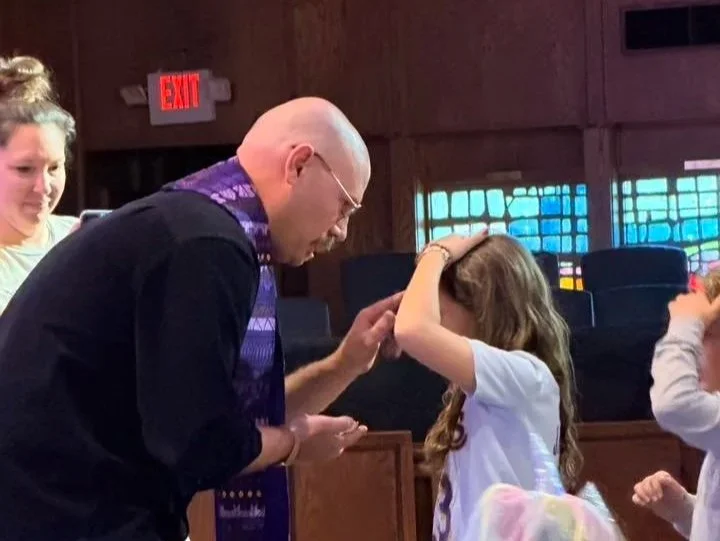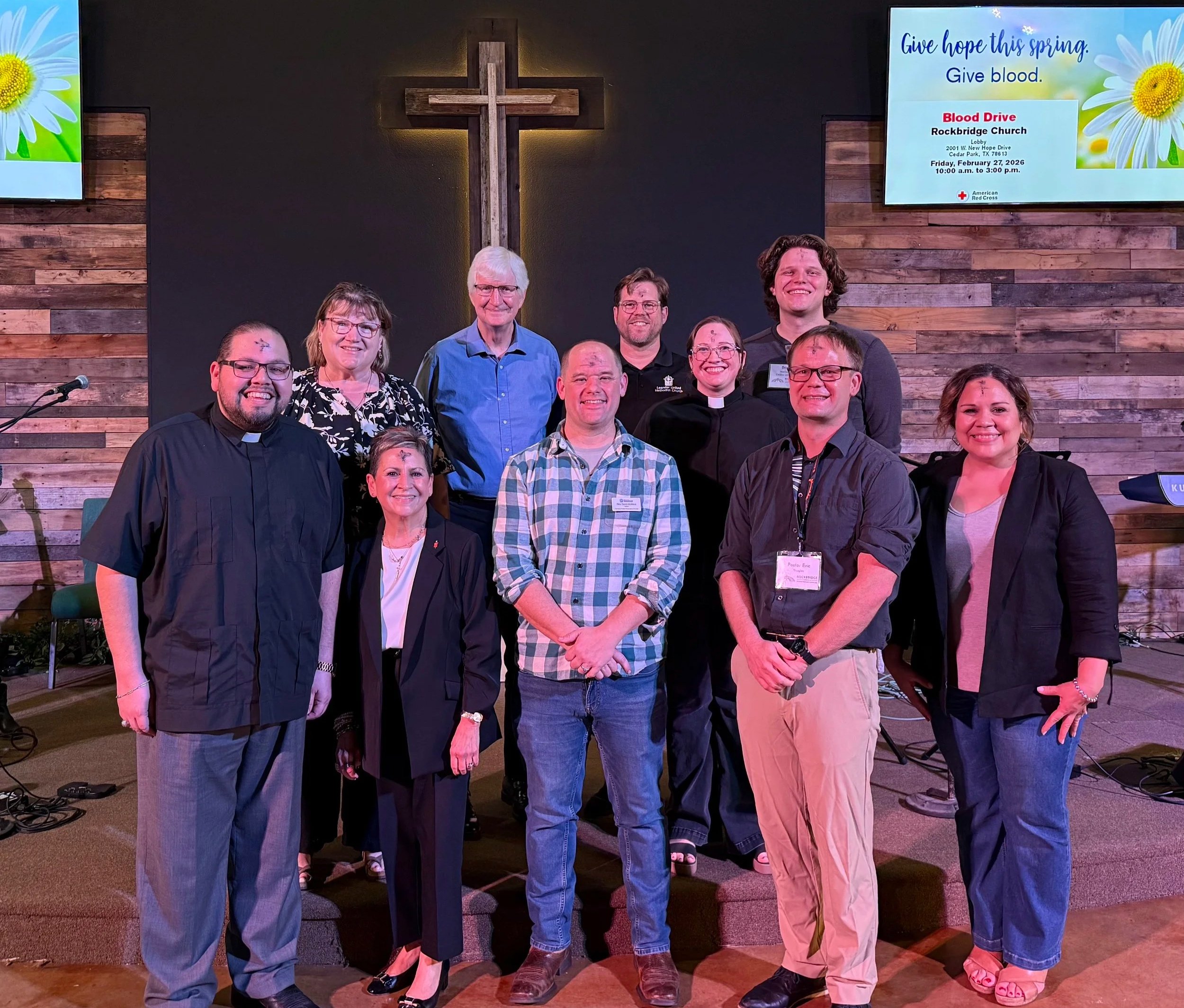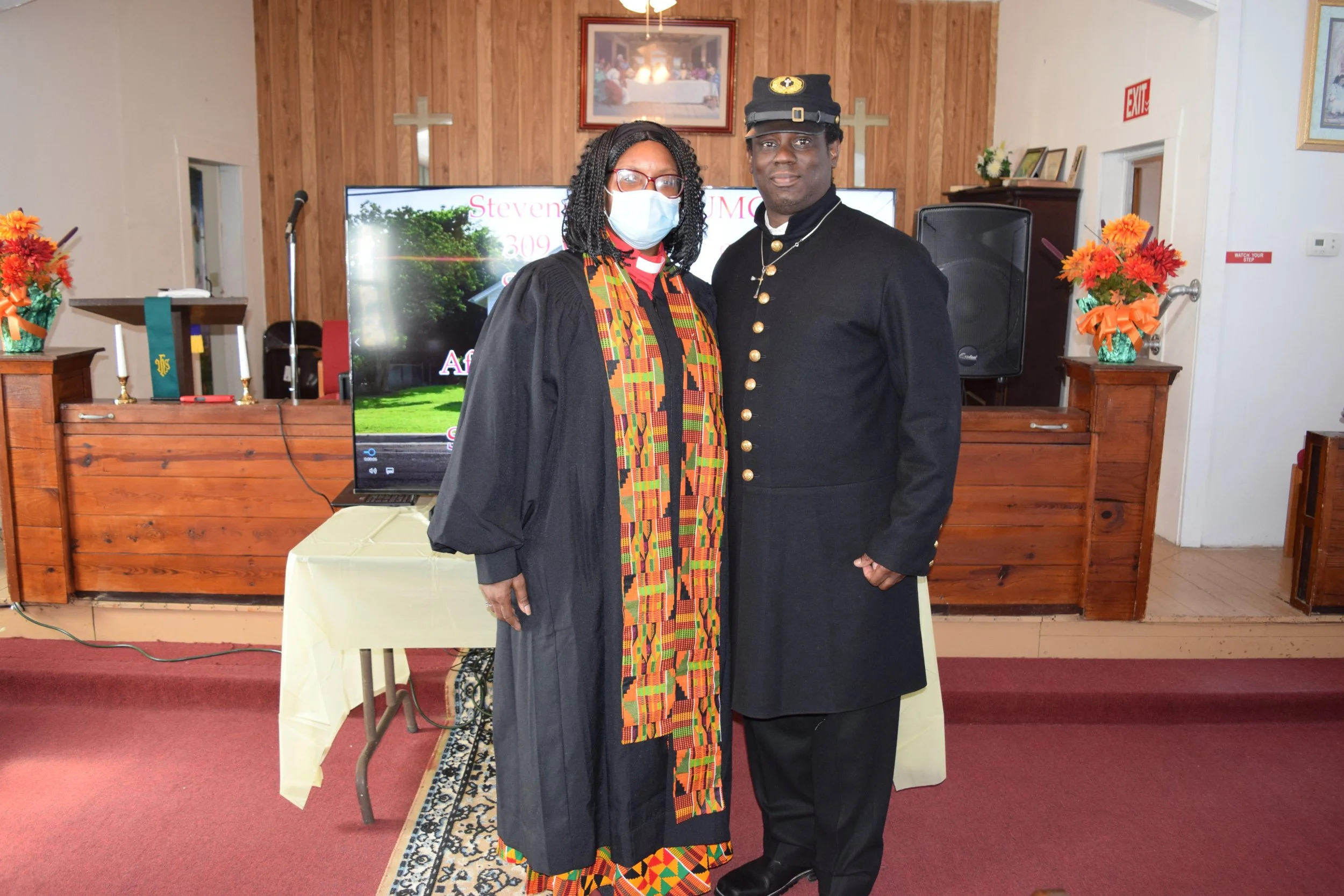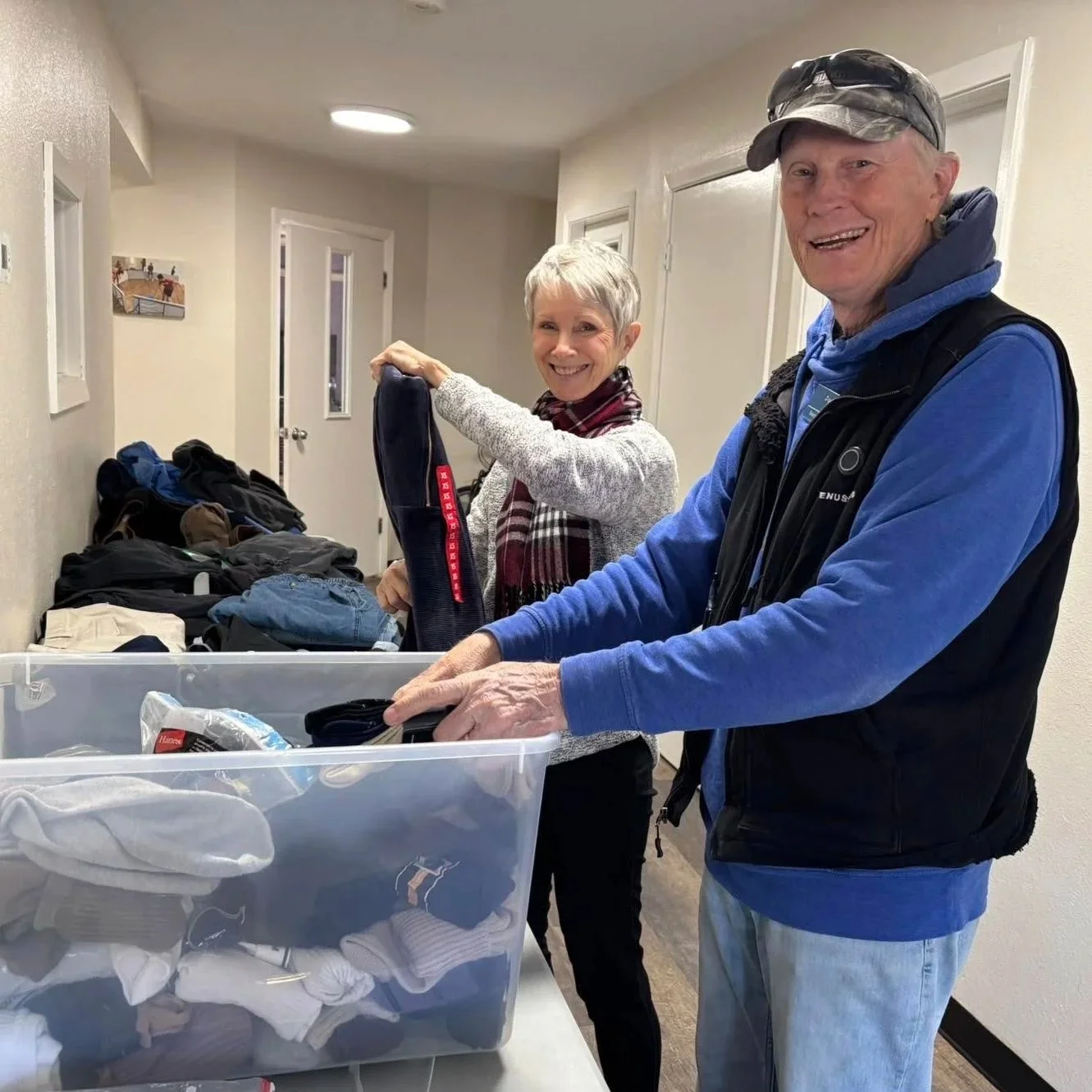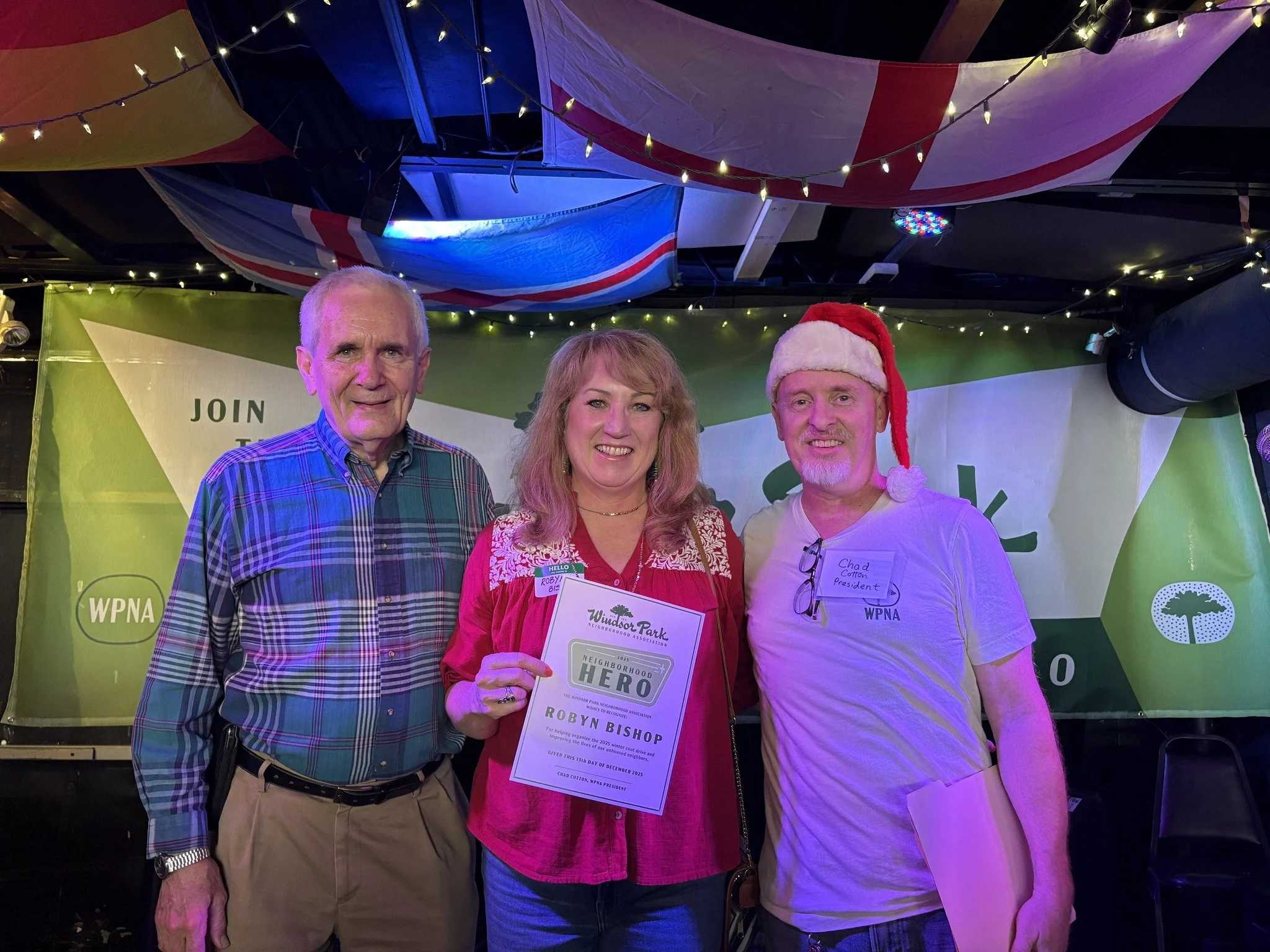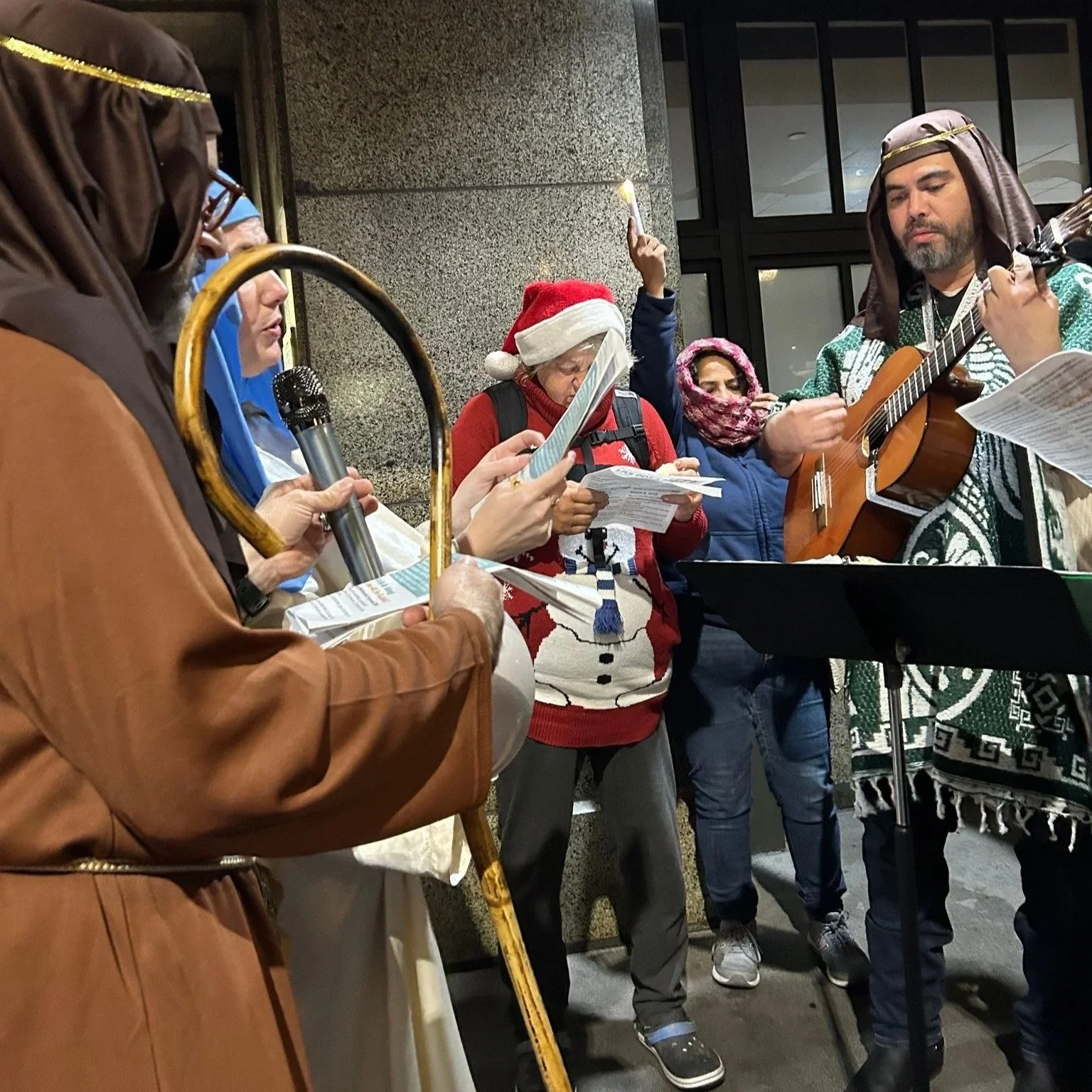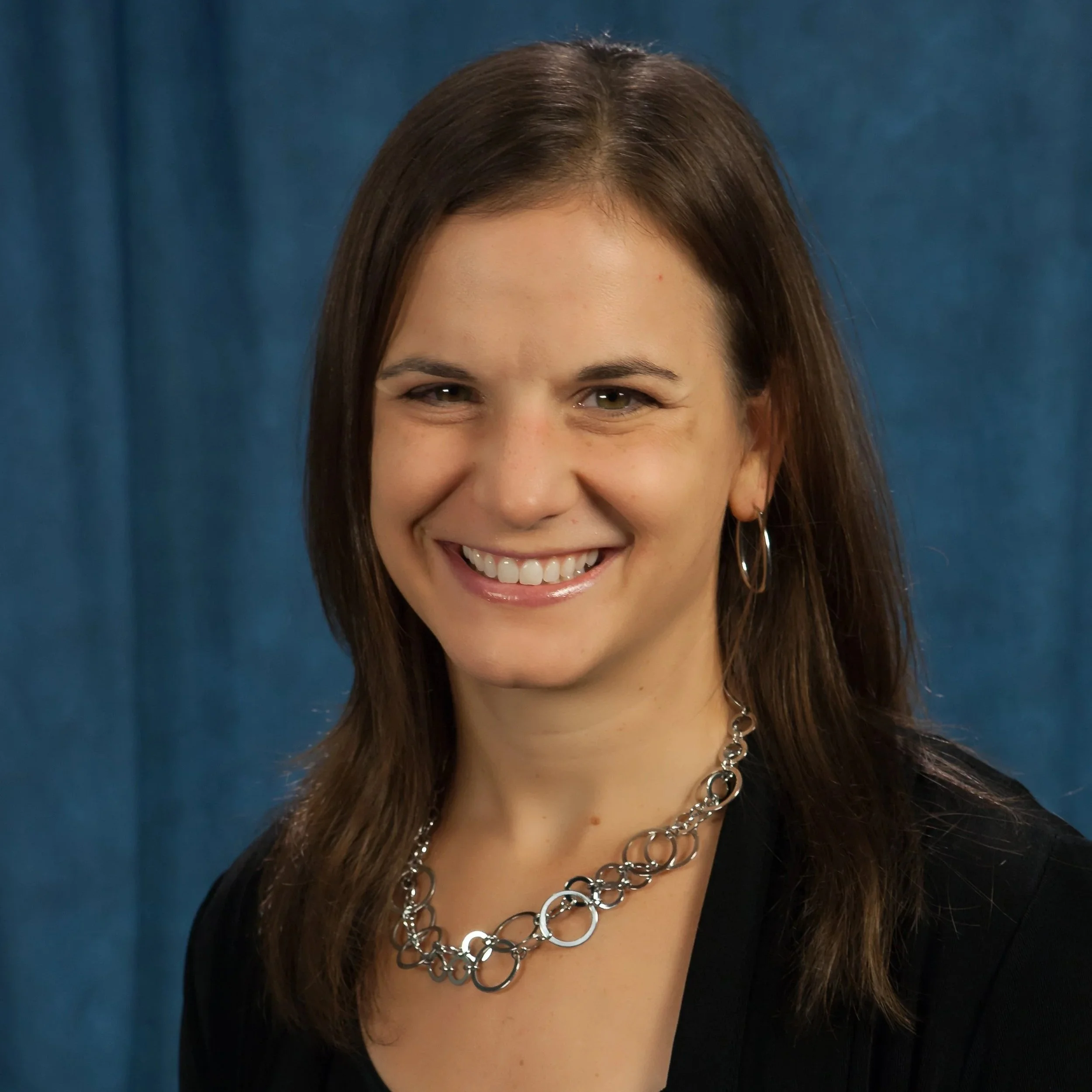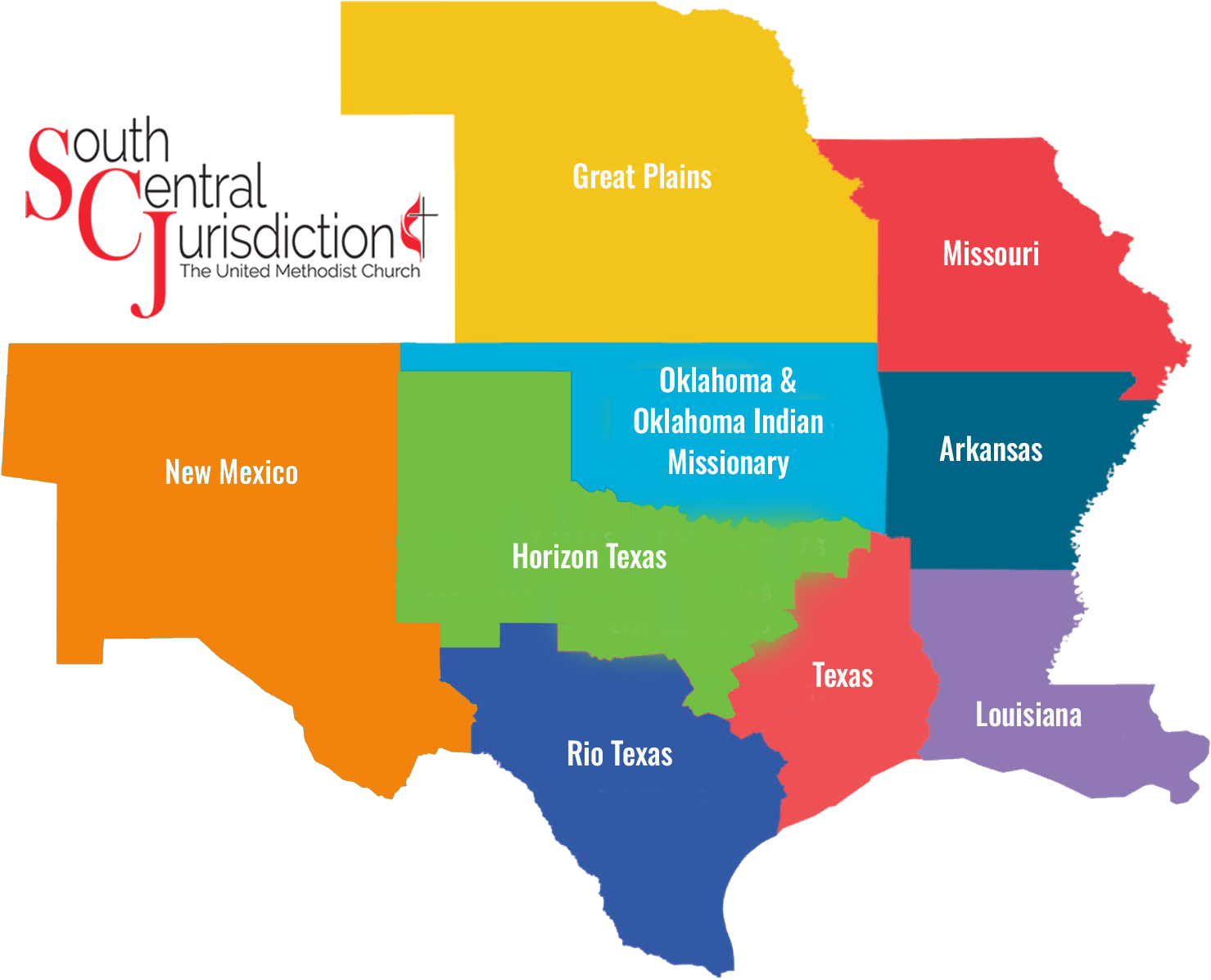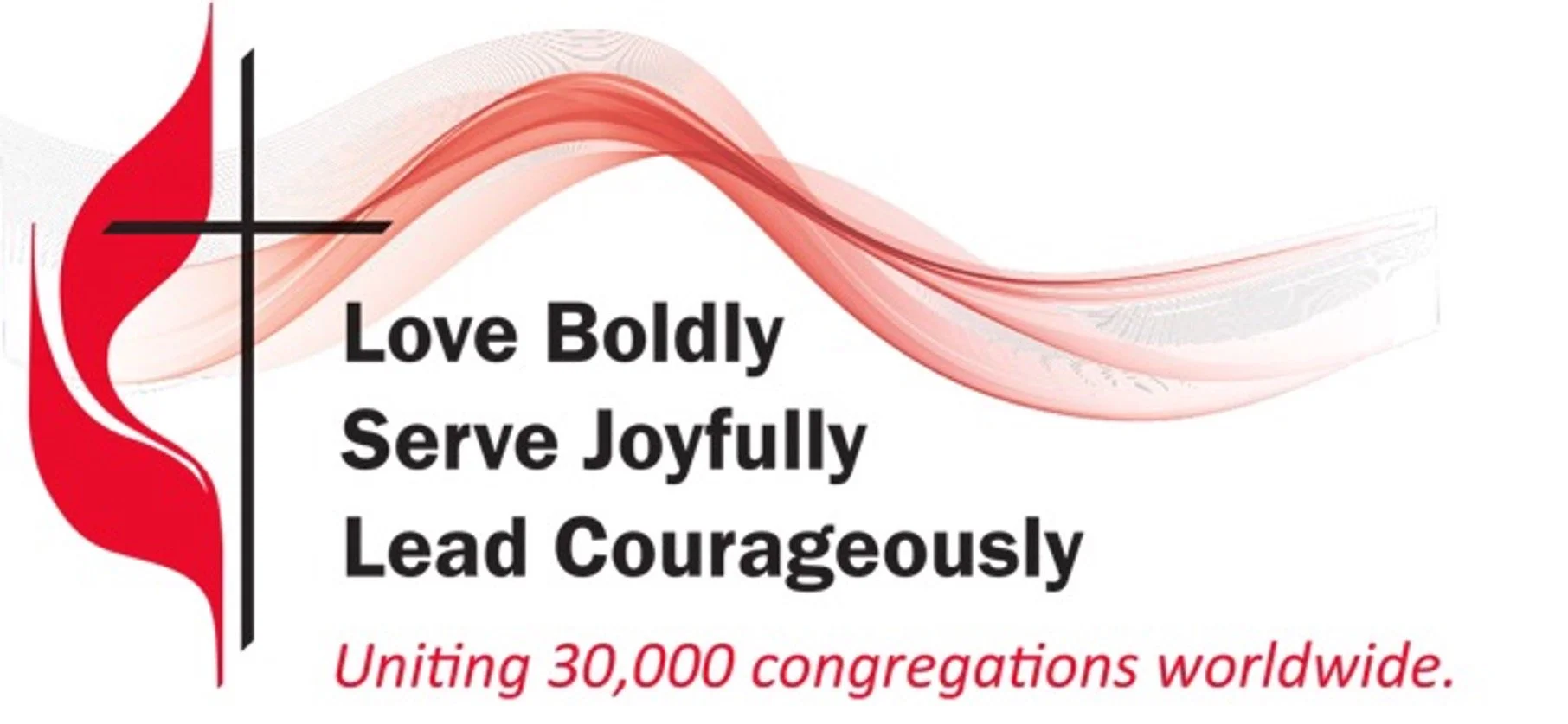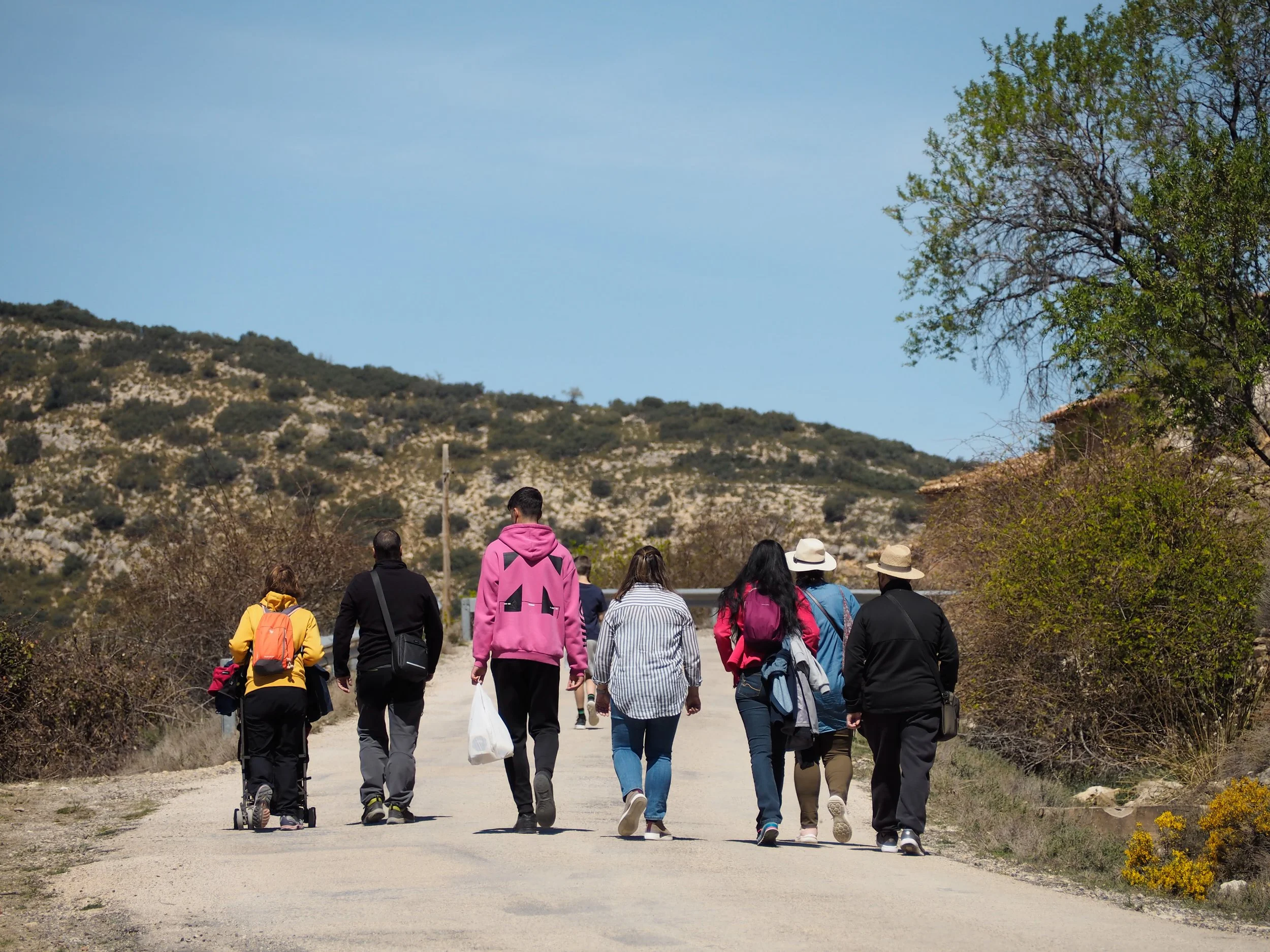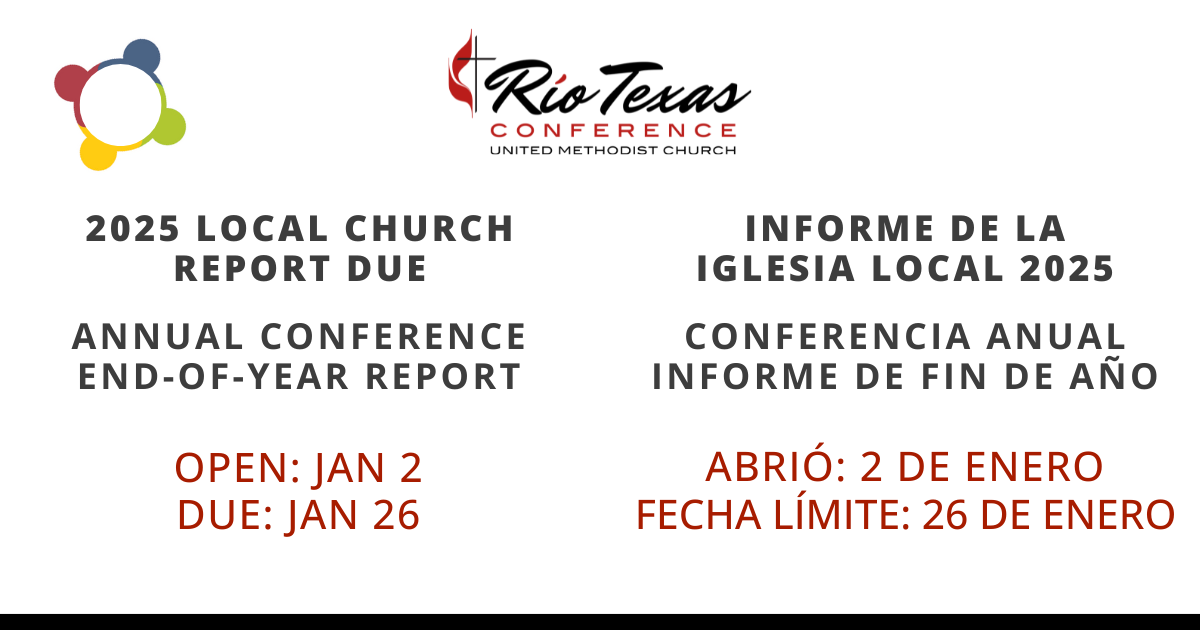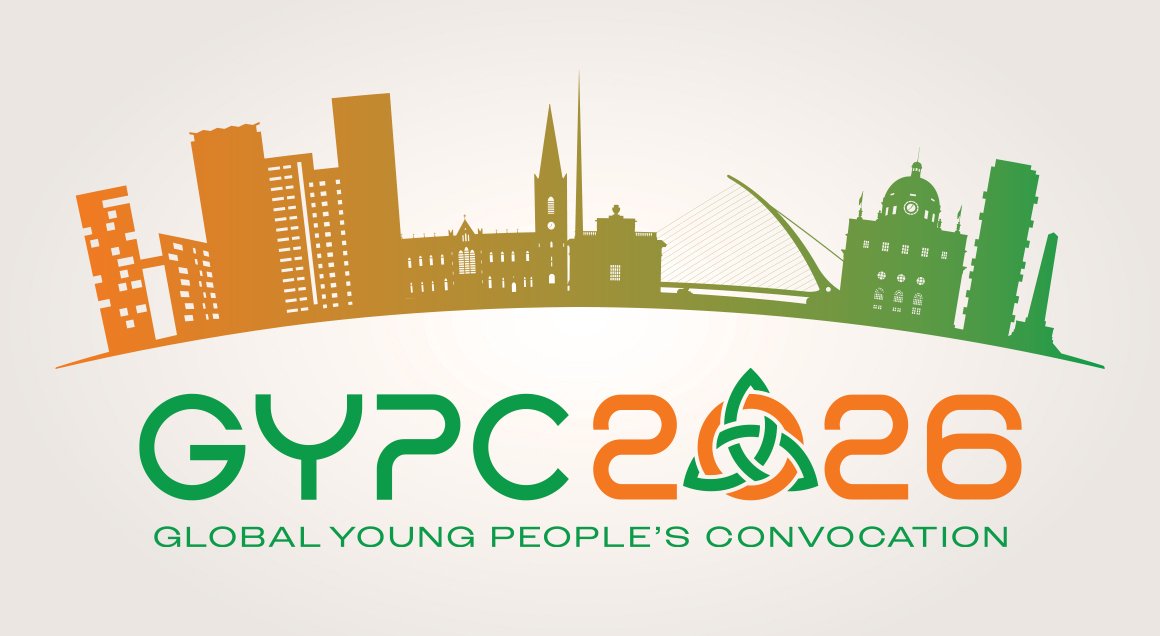Uniting Table - The work we are doing
/
In the past, the Uniting Table has met twice a year to discuss the work of the annual conference. For the past few months, thanks in part to the flexibility of a virtual format, the Uniting Table has met more often for wide-ranging conversation concerning our common life and ministry. Below, a few members of the Uniting Table share about the conversations, work, and hope that have come from these meetings.
Rev. Dr. Ralph D. Mann
Rio Texas Conference
Uniting Table Chair
It has been five years since the Rio Grande Conference and the Southwest Texas Conference became the Rio Texas Conference (January 1, 2015). This was after many years of working within our mission fields – both together and separate; many meetings – again, both together and separate; a Joint Unification Conference (2/8/14); and individual conference meetings to approve the action. We said we were creating a bold new thing. In the journal of the unification conference, we stated: “The conference is organized through structure, people and processes to focus on the mission field. The Uniting Table will coordinate mission and ministry in the Rio Texas Conference. The Uniting Table is intended to be inclusive and collaborative, include diverse voices, and promote unity and reconciliation.”
As the Chair, I voiced some concerns at our November meeting that we as a Uniting Table had gotten a little off track, and perhaps this bold new idea of the Rio Texas Conference had also. I wanted transparency and a resurgence of clergy and lay confidence in the Annual Conference. Yes, we have done great things, but I knew we could do better. The conversation that started to emerge amazed me. It may have begun as a way to draft an anti-racism statement, but what happened was a time of healing and hope for a new way to embrace the mission field from a fully unified front. Since our November meeting, the Uniting Table has had 2 two-hour meetings (all via Zoom) where we processed what happened in the unification of five plus years ago, and what made each of the parent conferences unique. What we began to realize is that the uniqueness of each of the parent conferences have become the identity of the new Rio Texas Conference, and it brought us joy. Bishop Schnase led us in this process as he made certain that we heard from everyone, and there was a diversity and inclusiveness in the voices. All voices mattered as we gathered. In my almost 35 years in ministry these were some of the best meetings and conversations I have ever been part of.
When I look at the uniqueness of the two parent conferences, I see the following as some of the uniqueness of Rio Texas Conference:
Spanish Language as still being part of our foundation – a voice to remind the general church of inclusiveness.
Connecting to the community and the continuation of the MARCHA causes.
A sense of unity in our diversity, led by the presence and example of great leaders.
A truly largeness of heart that steps beyond any polarization.
A sense of familia/family that bridges geography and structure.
A leadership presence across the denomination.
A commitment to education of professional and spiritual growth.
A rich level of fellowship.
Truly lifting up women in ministry and leadership.
The sending conference(s) of many episcopal leaders.
Devotion to and love for the church.
An informality that creates a relaxed setting at our gatherings.
Well, there was much more to our discussion; but it was so rich and diverse, and it gave us all a great sense of hope. I ask that you pray for the Uniting Table of the Annual Conference. We are tasked with keeping the mission of the Annual Conference in front of the Annual Conference. With COVID and everything else happening in the life of the church, I see a hope-filled future in the Rio Texas Conference.
Marlee Claes
Youth Ministry Council Representative
I was invited to be a part of the Rio Texas Uniting Table meetings in 2020. The subject at hand has been a reflection of the unification process when the Rio Grande and Southwest Texas conferences combined to form our current conference.
Much time has been spent talking about the former conferences and what made them unique. We have had some honest conversations, sharing our hardships and disappointments with the way our unification was done - the loss of that feeling of “church family’ in the conference and churches feeling like they can’t work as a team - but we have also spoken about all the good we have been able to accomplish together and how we can amplify that good going forward in a way that caters to all.
As a youth, the goal of mending bridges and bettering our conference is especially important to me, because the Rio Texas Conference is the only conference I've ever known, and It's the one in which I will continue to grow in faith and leadership. My hope is we engage our youth and young adults as we continue this work in order to help the Rio Texas Conference have it’s best chance to be a Conference that will carry on for years to come.
I feel lucky to be a part of a group with such passionate people working towards bettering the Rio Texas Conference and in turn the United Methodist Church as a whole.
Ralph Thompson
Conference Lay Leader/Connection/Role in Uniting Table
I love the lyric from the “Hamilton” play, “No one else was in the room where it happened.” So often, the excitement and promise of an idea fails to go beyond the walls of the room where it happened. Often, the enthusiasm of a plan wanes before it reaches those outside the room.
The unification of the former Rio Grande and Southwest Texas Annual Conferences was the result of ideas that, while well-conceived and well-planned, remain a work in progress. With the potential to be a shining example to the rest of the United Methodist denomination of the diversity that is the essence of who we are, the unification and resulting functioning of our Annual Conference continue to evolve into something new and exciting.
Recent Uniting Table discussions have revealed, among many other things, that we (regardless of ethnicity, race, culture, setting of ministry and service, and style of worship) have more that promises to unite us than to separate us. Especially in this age where outside forces dwell on “differences with the other,” God’s Word lived out through this unification offers proof that God’s Church is a blessed community of kindred spirits seeking the common mission of making disciples of Jesus Christ.
Through programs, policies, initiatives, and ministries born of our discussions, I invite all who read this, and all who work, serve, and worship in the Rio Texas Annual Conference to the “room where it happens” by staying informed and engaged in helping to build up the Body of Christ. What happens in the gatherings we call the Uniting Table, is not self-serving. Instead, we exist to help seek out and offer solutions that can help every congregation within our sphere of influence to reach their goals.
I ask your prayers for those who gather at the Uniting Table of the Rio Texas Annual Conference.


